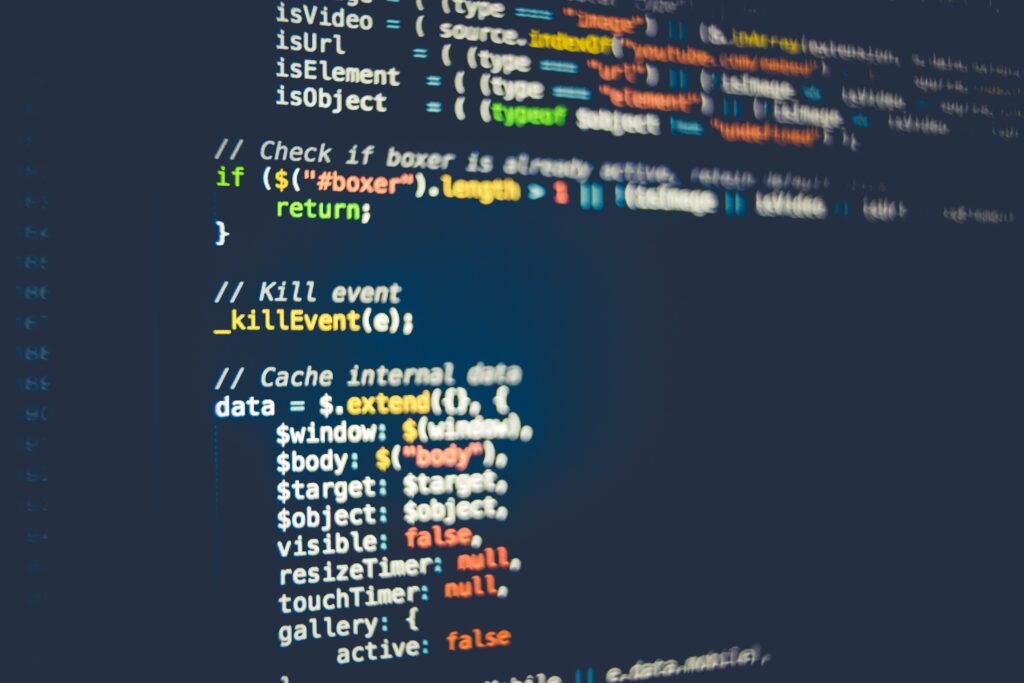
What is a Program
A program is a set of instructions that a computer can follow to perform a specific task. Programs are written in programming languages, which are human-readable languages that can be translated into machine code, the language that computers understand.
Programs can be simple, such as a program that prints “Hello, world!” to the console, or they can be complex, such as an operating system or a video game. No matter how simple or complex a program is, it is always made up of a set of instructions that the computer can follow.
How Programs Work
When a program is executed, the computer first reads the program into memory. Then, the computer starts at the beginning of the program and executes each instruction in order. The computer will continue to execute instructions until it reaches the end of the program or encounters a break statement.
Break statements are used to stop the execution of a program early. For example, a break statement might be used to exit a loop if a certain condition is met.
Types of Programs
There are many different types of programs, but some of the most common types include:
- Operating systems: Operating systems are programs that manage the resources of a computer, such as the CPU, memory, and storage.
- System software: System software is a type of software that provides basic services to the operating system and other programs. Examples of system software include device drivers, compilers, and assemblers.
- Application software: Application software is a type of software that is designed to perform a specific task, such as editing text, browsing the web, or playing games.
Benefits of Learning to Program
There are many benefits to learning to program. Some of the benefits include:
- Job opportunities: Programmers are in high demand, and the job market for programmers is expected to grow much faster than average in the coming years.
- Problem-solving skills: Programming teaches you how to think logically and solve problems in a structured way.
- Creativity: Programming is a creative activity that allows you to build things and solve problems in new and innovative ways.
How to Learn to Program
There are many different ways to learn to program. You can take a class, read a book, or teach yourself online. There are also many different programming languages to choose from.
If you are just starting out, I recommend learning a language like Python or JavaScript. These languages are relatively easy to learn and have a wide range of applications.
Once you have learned the basics of programming, you can start to explore more advanced topics, such as data structures, algorithms, and software design.
Conclusion
Programming is a valuable skill that can be used to build a wide range of things, from websites and apps to operating systems and video games. If you are interested in learning to program, there are many resources available to help you get started.
FAQs
Q: What is a program?
Ans: A program is a set of instructions that a computer can follow to perform a specific task. Programs are written in programming languages, which are human-readable languages that can be translated into machine code, the language that computers understand.
Q: What are the different types of programs?
Ans: There are many different types of programs, but some of the most common types include:
Operating systems: Operating systems are programs that manage the resources of a computer.
System software: System software is a type of software that provides basic services to the operating system.
Application software: Application software is a type of software that is designed to perform a specific task.
Q: How do programs work?
Ans: When a program is executed, the computer first reads the program into memory. Then, the computer starts at the beginning of the program and executes each instruction in order. The computer will continue to execute instructions until it reaches the end of the program or encounters a break statement.
Q: What are the benefits of learning to program?
Ans: There are many benefits to learning to program, including:
Job opportunities: Job market for programmers is expected to grow much faster than average in the coming years.
Problem-solving skills: Programming teaches you how to think logically and solve problems.
Creativity: Programming is a creative activity that allows you to build things and solve problems using innovative ways.
Q: How can I learn to program?
Ans: There are many different ways to learn to program. You can take a class, read a book, or teach yourself online. There are also many different programming languages to choose from. Start with programming basics and then you can start to explore more advanced topics, such as data structures, algorithms, and software design.
Thanks for reading!!!
